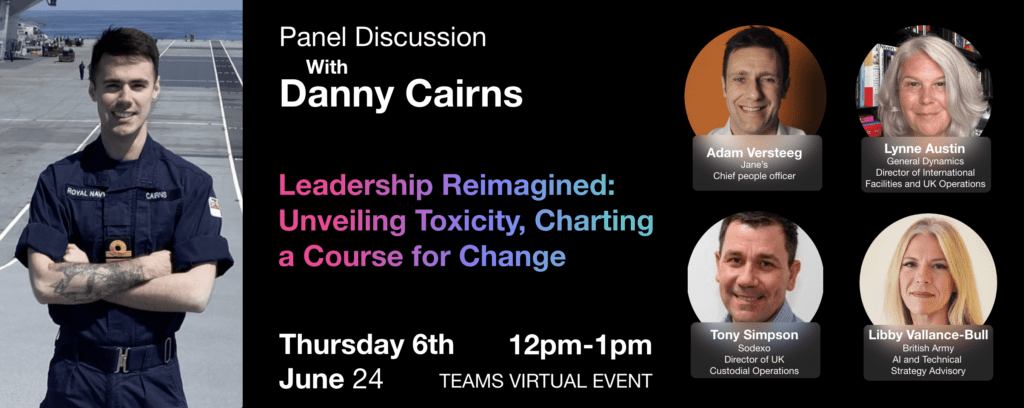
In our recent panel discussion, “Leadership Reimagined: Unveiling Toxicity, Charting a Course for Change,” we delved into the pressing issue of toxic leadership within the defence sector. Moderated by the insightful Danny K, the conversation brought together a diverse group of experts who shared their experiences and strategies for fostering healthier, more inclusive organisational environments. Here are the key takeaways from this transformative dialogue:
1. Understanding Toxic Leadership
- Definition and Manifestations: Toxic leadership is characterised by abusive, unethical, and oppressive behaviours that undermine team morale and productivity. It can manifest in various forms, including micromanagement, discrimination, and manipulation.
- Impact on Organisations: The presence of toxic leaders can lead to high turnover rates, low employee engagement, and a hostile work environment, ultimately affecting organisational performance and reputation.
2. The Importance of Transparency and Inclusivity
- Building Trust: Transparency in leadership practices fosters trust and respect among team members. Leaders must be open about their decision-making processes and be accountable for their actions.
- Promoting Inclusivity: An inclusive leadership approach values diverse perspectives and encourages collaboration. This not only enhances team dynamics but also drives innovation and problem-solving.
3. Recognising and Addressing Toxic Behaviours
- Bravery and Accountability: It takes courage for individuals to speak out against toxic behaviours. Organisations must create safe channels for reporting and ensure that those who come forward are protected and supported.
- Intervention Strategies: Implementing regular training on recognising and mitigating toxic behaviours, along with establishing clear policies and consequences, is crucial for fostering a healthy work environment.
4. Hiring and Promoting Ethical Leaders
- Alignment with Values: Organisations should prioritise hiring and promoting leaders who align with their core values and demonstrate ethical behaviour. This alignment is essential for long-term success and creating a positive organisational culture.
- Evaluating Leadership Qualities: Beyond technical skills, evaluating potential leaders on their emotional intelligence, empathy, and ability to inspire and motivate others is critical.
5. Fostering Psychological Safety
- Creating Safe Spaces: Psychological safety is the foundation for innovation and creativity. Leaders must cultivate an environment where team members feel safe to express their ideas, take risks, and learn from failures.
- Encouraging Open Dialogue: Regular, open communication between leaders and team members helps identify and address issues before they escalate, ensuring a supportive and collaborative workplace.
6. Long-Term Strategies for Change
- Continuous Improvement: Organisations should view leadership development as an ongoing process. Regular feedback, training, and development opportunities are essential for leaders to evolve and adapt to changing dynamics.
- Cultural Shifts: Changing an organisation’s culture requires commitment from all levels. Leaders must model the behaviours they wish to see, reinforcing positive changes through their actions and decisions.
Conclusion
The “Leadership Reimagined” panel highlighted the urgent need for organisations to confront and dismantle toxic leadership practices. By embracing transparency, inclusivity, and ethical leadership, we can create healthier, more resilient organisations. These key takeaways offer a roadmap for leaders committed to driving positive change and fostering environments where everyone can thrive.
Watch the full discussion here: https://www.youtube.com/watch?v=IXM7eXuQhJM
Join us in our mission to redefine leadership for a brighter, more inclusive future. Share your thoughts and experiences in the comments below or on our social media channels using the hashtag #LeadershipReimagined. Together, we can chart a course for meaningful change.





Responses